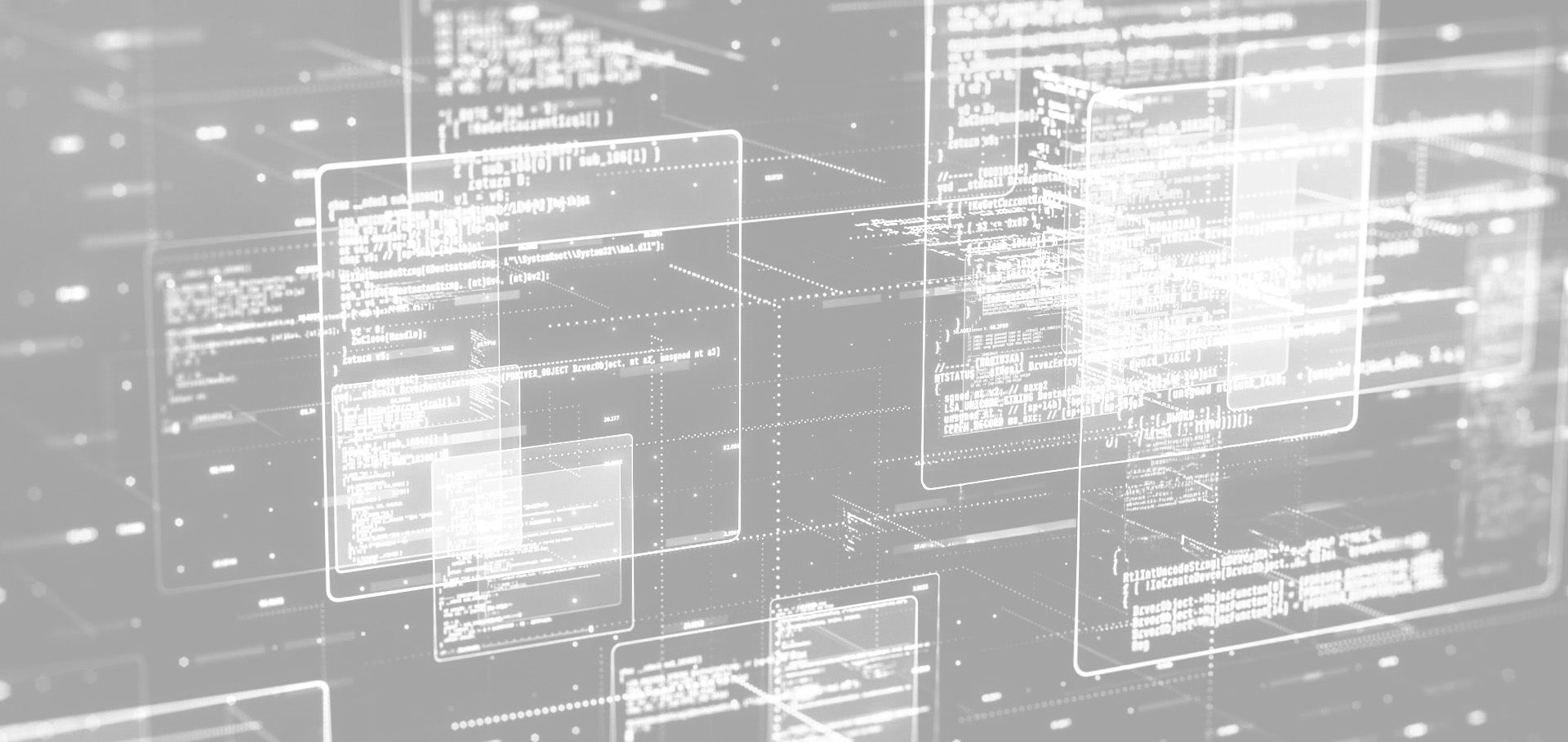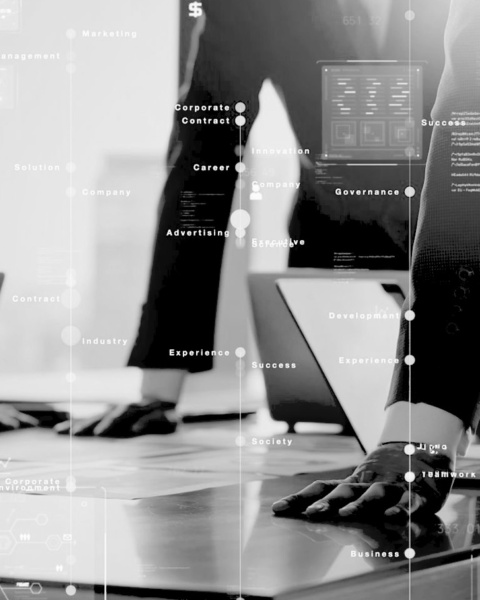The integration of artificial intelligence (AI) into software development is redefining the rules of the game in the tech industry. With companies like Microsoft and Google leading the way, the process of creating code is evolving at an unprecedented pace. Satya Nadella, CEO of Microsoft, recently claimed that nearly 30% of the code produced by his company is now generated by AI. This statement highlights the profound impact AI is having on the future of software development.
AI in Software Development: A Major Turning Point
AI was initially introduced into software development in simple forms, such as text suggestions or autocomplete features in programming tools. However, recent advancements now enable AI tools like GitHub Copilot, developed by Microsoft in partnership with OpenAI, to autonomously write entire blocks of code. Powered by AI models trained on billions of lines of code, these tools can not only help write code faster but also offer solutions to complex problems.
The engine behind these tools is an advanced version of the GPT model, relying on deep learning techniques to analyze and generate code sequences with impressive accuracy. According to Microsoft, these tools have boosted developer productivity, reducing the time required to code certain tasks by 40% to 50%.
Microsoft vs. Google: Who’s Leading the Charge?
Microsoft is not the only company leveraging AI to transform software development. Google, with its AI research team, has also made significant strides in this field. The company has launched several tools, including PaLM (Pathways Language Model), to integrate AI into its development platforms. The goal is similar to Microsoft’s: to increase developer productivity while making the process smoother and more intuitive.
The two tech giants are competing to dominate this emerging sector, but their approaches differ. Microsoft has a head start with GitHub Copilot, which benefits from a massive user base and millions of code projects available for AI training. Google, on the other hand, focuses on integrating AI into its own development platforms, like Android and Google Cloud, and improving code search capabilities.
Revolution or Enhancement of the Developer Role?
A common question arises: what impact will AI have on human developers? If AI can autonomously generate code, does that mean the end of jobs in software development? According to experts, the reality is more nuanced. AI is not seen as a replacement for human labor but rather as an augmentation tool. The goal is to automate repetitive tasks and allow developers to focus on more creative and strategic aspects of development, such as software architecture or solving complex problems.
This also raises the question of the skills required for the developers of tomorrow. While AI takes care of much of the low-level coding, developers will need to adapt by focusing more on managing AI, overseeing its work, and making critical decisions. Such a shift could also lead to a rise in skills related to AI management and ethical technology practices.
The Impact on Innovation
The introduction of AI into the development process could accelerate innovation on an unprecedented scale. With AI-powered tools, development teams can now explore new ideas more quickly, test hypotheses more efficiently, and implement innovative solutions in their projects. This could lead to better-quality software products but also foster new forms of collaboration between humans and machines.
Companies could also significantly reduce the costs associated with software development. Automating the code generation process can minimize human errors, optimize performance, and speed up time-to-market. As a result, tech companies gain a competitive advantage by producing higher-quality software more quickly.
The Future of Software Development: A World Where AI and Humans Collaborate
Ultimately, AI is transforming software development in profound ways. Companies like Microsoft and Google are at the forefront of this transformation, but it’s important to note that AI will not eliminate the role of developers. Instead, it will become a strategic partner that enhances human capabilities, accelerates innovation, and changes the way software is designed, written, and deployed.
As we look toward the future, it’s clear that AI in software development is not just a passing trend, but an evolution that could redefine an entire industry. As these tools become more sophisticated and widely adopted, we may well see a world where collaboration between humans and AI becomes the norm rather than the exception.




